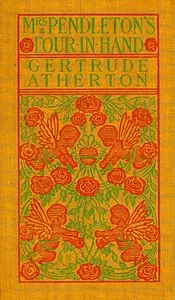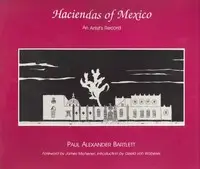"One of Our Conquerors — Volume 5" by George Meredith is a novel set in late 19th century England that centers around Nesta and her parents, Victor and Nataly, as they navigate the complicated waters of family, society, and personal desire. The story kicks off with Victor pondering events and his daughter Nesta’s arrival, setting the tone for the family's strained relationships, especially the notable absence of Nataly. These dynamics are further intensified by their social circle, notably the presence of someone named Mrs. Marsett. The developing narrative explores complex themes of people’s reputations, societal pressures, love, honor, and the challenges of seeking genuine connection when the world is so quick to judge.

One of Our Conquerors — Volume 5
By George Meredith
In a world of societal expectations and personal desires, follow a family ensnared by secrets, challenged by reputation, and yearning for connection, all while navigating the complex web of love, honor, and societal judgment.
Summary
About the AuthorGeorge Meredith was an English novelist and poet of the Victorian era. At first, his focus was poetry, influenced by John Keats among others, but Meredith gradually established a reputation as a novelist. The Ordeal of Richard Feverel (1859) briefly scandalised Victorian literary circles. Of his later novels, the most enduring is The Egoist (1879), though in his lifetime his greatest success was Diana of the Crossways (1885). His novels were innovative in their attention to characters' psychology, and also portrayed social change. His style, in both poetry and prose, was noted for its syntactic complexity; Oscar Wilde likened it to "chaos illumined by brilliant flashes of lightning". Meredith was an encourager of other novelists, as well as an influence on them; among those to benefit were Robert Louis Stevenson and George Gissing. Meredith was nominated for the Nobel Prize in Literature seven times.
George Meredith was an English novelist and poet of the Victorian era. At first, his focus was poetry, influenced by John Keats among others, but Meredith gradually established a reputation as a novelist. The Ordeal of Richard Feverel (1859) briefly scandalised Victorian literary circles. Of his later novels, the most enduring is The Egoist (1879), though in his lifetime his greatest success was Diana of the Crossways (1885). His novels were innovative in their attention to characters' psychology, and also portrayed social change. His style, in both poetry and prose, was noted for its syntactic complexity; Oscar Wilde likened it to "chaos illumined by brilliant flashes of lightning". Meredith was an encourager of other novelists, as well as an influence on them; among those to benefit were Robert Louis Stevenson and George Gissing. Meredith was nominated for the Nobel Prize in Literature seven times.


















